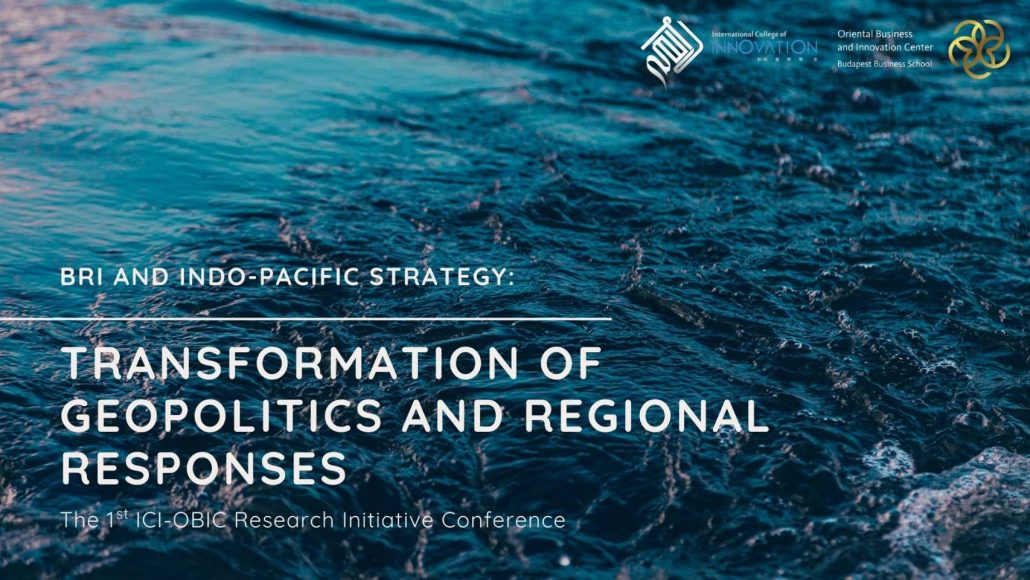
The background of the ICI-OBIC initiative:
China launched its Belt and Road Initiative in 2013, which has often been interpreted as a response to the American “pivot to Asia” initiated by the Obama administration, which itself was replaced by the Trump administration’s “Free and Open Indo-Pacific Strategy” in November 2017. Ironically, even the latter has often been interpreted as a response to the Chinese strategy. Perhaps not surprisingly, the two strategies share some common features, and two of these – their ambiguity and their competitiveness – seem to be crucial in the foreign policy evaluation process. Ambiguity characterizes both strategies, since none was presented as a complete strategy. Since their inceptions, both strategies have been steadily fleshed out with more-detailed policies and measures. The ambiguous nature of the strategies comes from the second feature they have in common: the strategies are incomplete, and since they are both still in the making, each strategy responds to new elements of the other in a dynamic and competitive manner.
Competition leads to ambiguity which makes reactions, interpretations and responses in foreign policy more and more difficult. In Europe, the BRI has largely been a headache to foreign policy decision makers, especially in those countries that, as NATO members, happen also to be US allies. The competitive nature of these two strategies is perhaps more obvious in South-East Asia than anywhere else. In our understanding, it is crucial how these two strategies are being interpreted outside of the United States and China.
While organizing and hosting this workshop, the ICI and OBIC aim to seek answers to the following basic foreign-policy questions and topics:
- How to manage the geopolitical competition of the United States and China in the Indo-Pacific region?
- How to manage the geopolitical competition of the United States and China in Europe?
- What are the political and economic interests of the small nations of Central Europe and South-East-Asia?
- Geopolitical competition and information and communication technology: how to react?
- Geopolitical denominators: how do countries manage energy security and maritime security?
Outcome:
- Edited, proofread volume in English
- Editor in Chief: Dean Karalekas
- Around 10 papers, about 60,000 words
*Sign up now👉https://forms.gle/bvaLEvyyZEFxnqku8
Agenda





